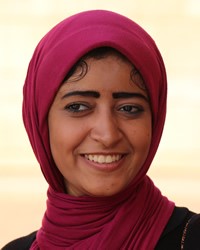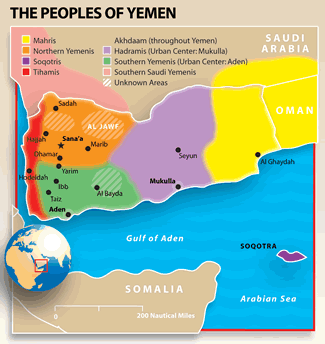Ancient Egypt was one of the world's great civilizations. Dynasties of pharaohs ruled Egypt from 3200 B.C. to 341 B.C. Egypt fell to the Persian Arab Muslim conquest in 640 A.D. Arabs, who introduced Islam and the Arabic language to Egypt in the seventh century, ruled for the next six centuries. Ottoman Turks conquered the country in 1517.
After the completion of the Suez Canal in 1869, Egypt became an important transportation hub, but fell heavily into debt. To protect its investments, Britain seized control of Egypt from 1882 until 1914. They granted full sovereignty to Egypt after World War II.
Egypt is the most rapidly growing country in the Arab world. With limited arable land and overtaxed resources, Egyptian society is stressed. For that reason, there is an Egyptian diaspora that has migrated to other parts of the world. Migration from Egypt mainly started in the 1970s and 1980s. Before that, the few who migrated were from well-educated communities. After that time, poor Egyptians have moved to the West (Europe, North America, Australia and New Zealand) as workers. Those who have migrated to Arabic-speaking countries like Jordan have done so intending to return to Egypt.
In times of unrest and economic hardship in Egypt, workers migrate in search of a better future despite considerable risks; they often work on farms. building sites, restaurants and shops. Commonly, Egyptian migrant workers in Jordan are single men. Those with families must leave them behind while they work in Jordan. Some Egyptians who earn low wages in Arabic-speaking countries face resentment because of their nationality. Arabs fear "Egyptianization" since Egypt dominates the media, language and culture of the Arabic speaking world.
Islam became the state religion of Egypt in 1980. The majority of Egyptian Arabs are either Shafi, Maliki or Hanafi Sunni Muslim. Most Egyptians in Syria remain Sunni Muslim.
Copts brought Christianity to Egypt very early, where it remained for 1,000 years as the primary religion. Even today, the great majority of the Christian population are still members of the Coptic Church. Evangelical Christians are a small percentage, but they have the potential to take Christ, the hope of the world, to war-weary Syrians.
Many have experienced poverty in Egypt, which has prompted migration, and placed them at greater risk of exploitation. Low paid Egyptians live in spartan accommodations that might not have adequate water or electricity.
Those who follow Christ must have love and boldness to be a witness to other Egyptians. With a growing missionary vision, the Egyptian Church has the potential to reach both fellow Egyptians and Arabic speaking people groups in other countries for Christ. The Church is limited by lack of training opportunities, experience and funds. If additional resources are provided, church planters are willing to go.
Pray that Egyptian Christ followers would become a mighty missionary movement for the Lord in Jordan.
Pray for Egyptian Arabs to have spiritual hunger and a discernment that will lead them to the cross and the empty grave.
Pray for Egyptian Arab Christians to put their faith in the Risen Christ rather any religious institution.
Scripture Prayers for the Arab, Egyptian general in Jordan.
https://www.mideq.org/en/resources-index-page/egypt-jordan-migration-corridor-brief/
https://ethicaljournalismnetwork.org/egyptian-workers-jordan
https://orientxxi.info/magazine/egyptian-day-laborers-in-jordan-anything-to-make-a-living,3068
https://www.thecairoreview.com/midan/egyptian-workers-hopeful-despite-syrian-influx/
| Profile Source: Joshua Project |














